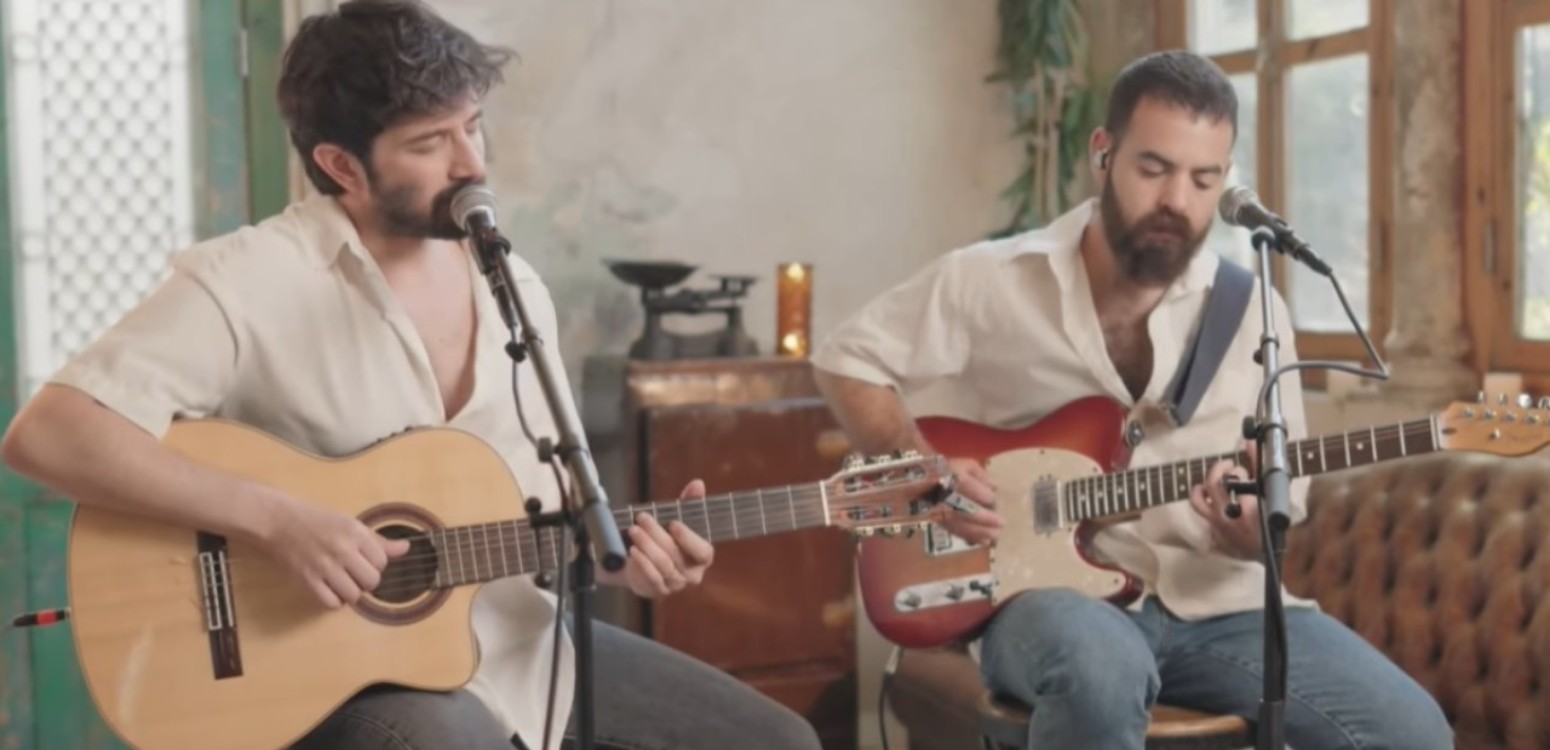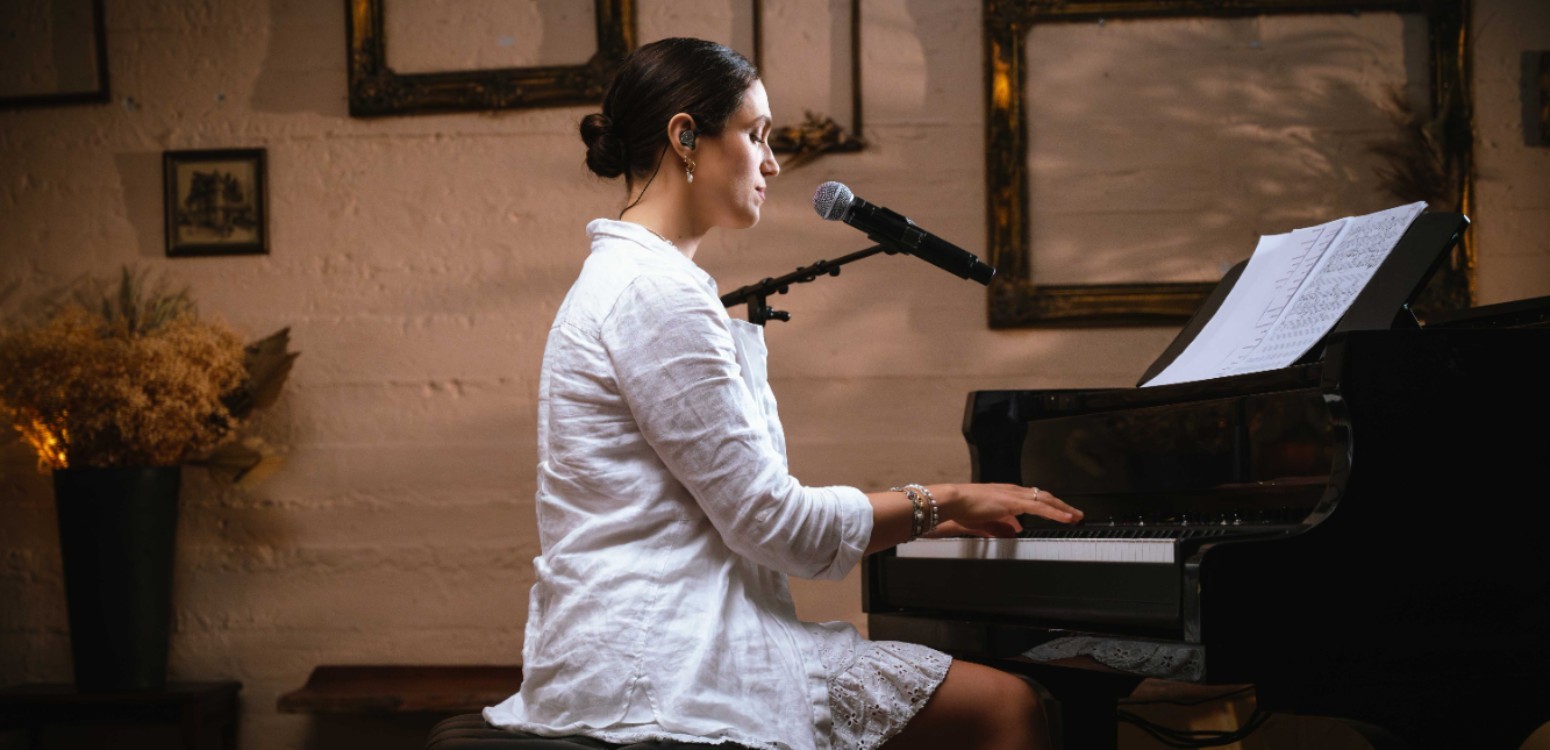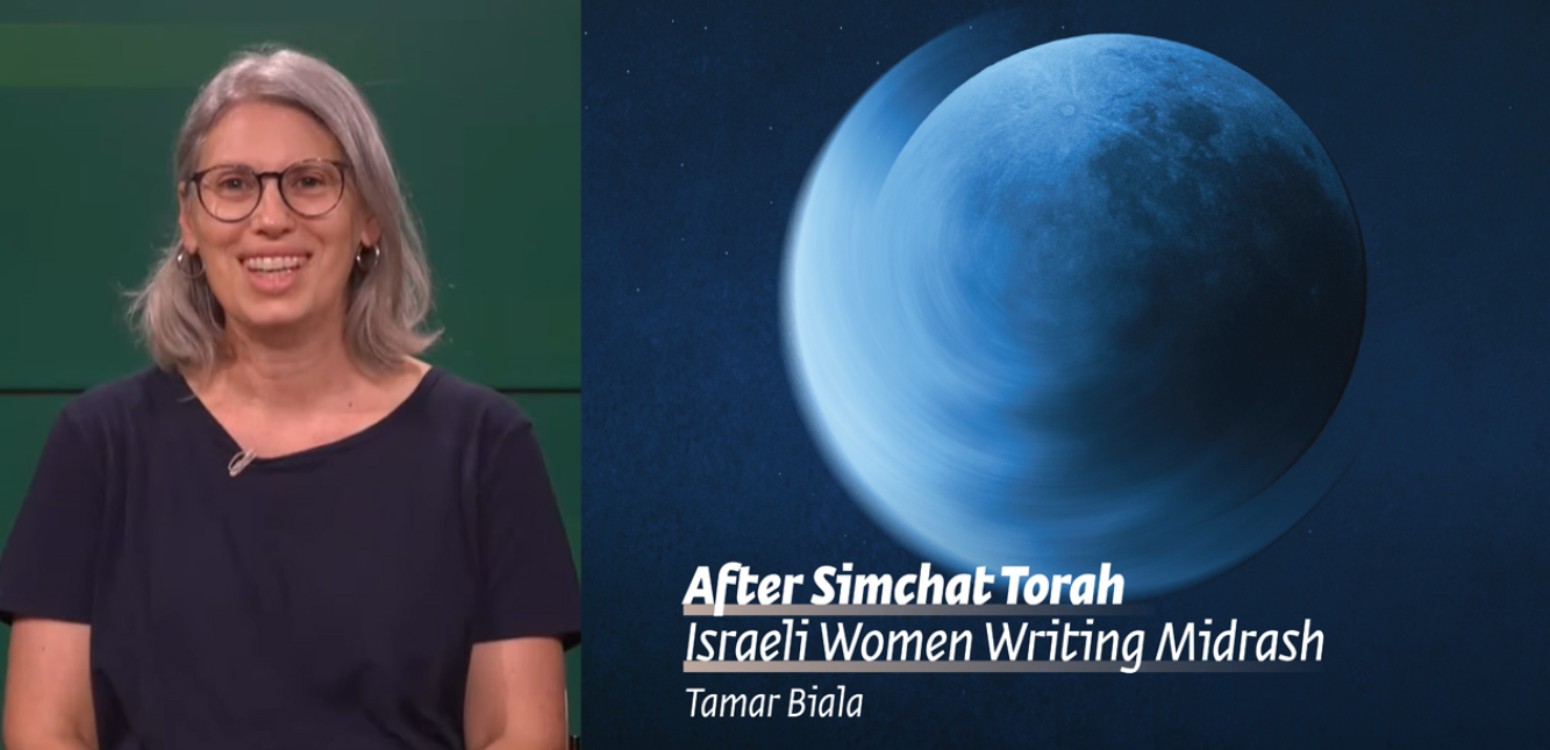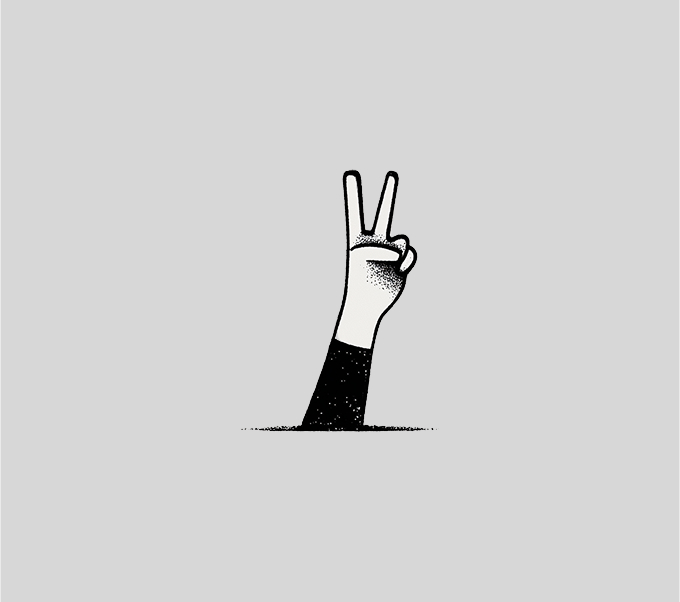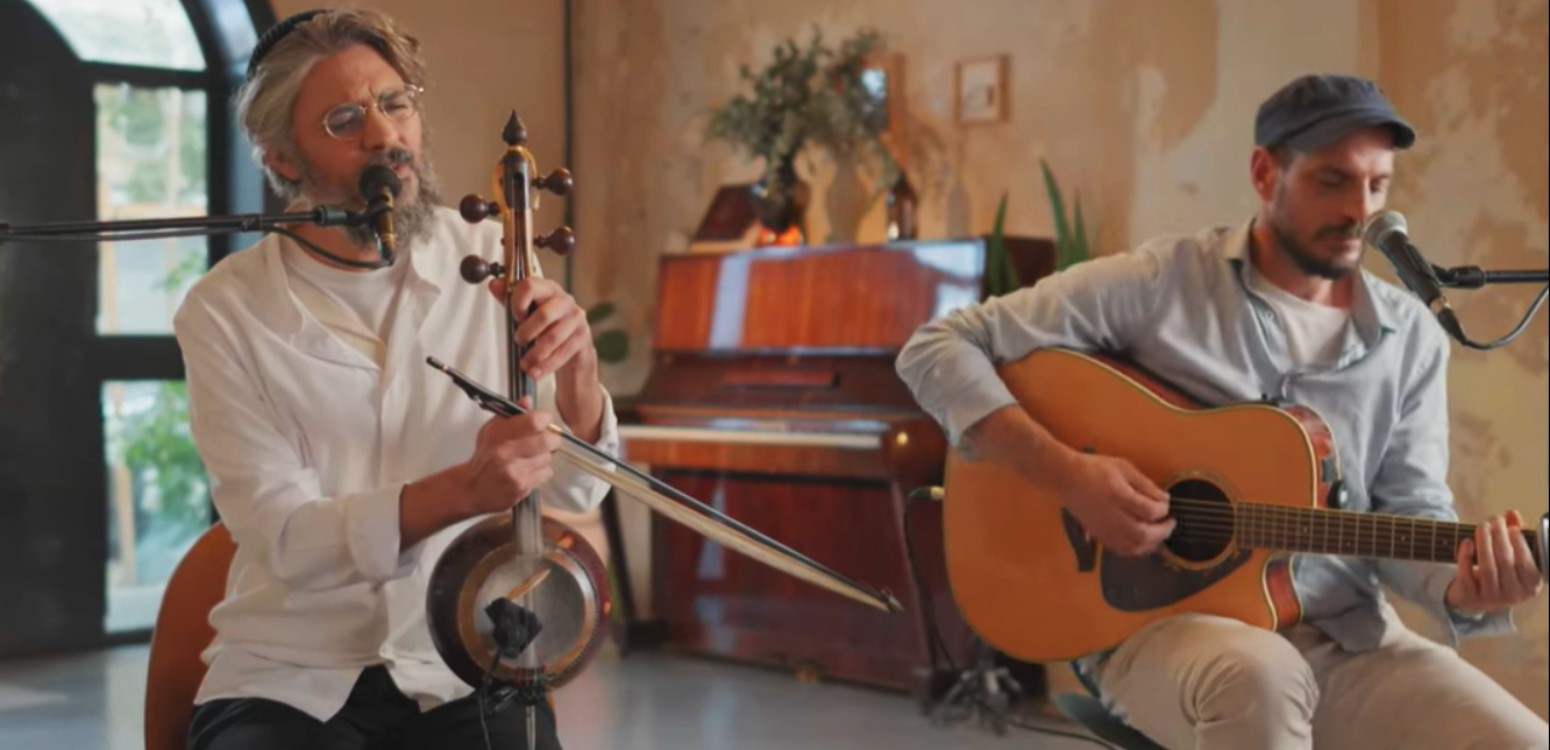
A Sanctuary of the Hebrew Language Hosted by the President of the State of Israel and Beit Avi Chai
What is the purpose of writing poetry in our time?” Israel’s Hebrew Writer’s Association once asked celebrated Israeli writer and poet Leah Goldberg.
Her response?
“And what should we do with horses in the twentieth century?
with a doe?
and the large stones
in the mountains of Jerusalem?”
More than half a century has passed since Goldberg wrote those words. Horse-drawn carriages are a distant memory, and does are mainly found in zoos; the large stones lodged in the mountains of Jerusalem are perhaps the only stones left untouched. As are the substantive questions Goldberg was responding to: What is the significance of prose and poetry for our generation? How can the beauty of Hebrew find its way to readers in our day and age?
This was the question that stood at the heart of “Mishkan Le-Ivrit – A Sanctuary of the Hebrew Language” a unique literary event initiated by Israel’s President Isaac Herzog and held at his official residence on June 16, 2022.
Organized in partnership with Jerusalem’s Beit Avi Chai in honor of Israel’s Hebrew Book Week celebrations, hundreds of participants listened to authors and intellectuals part of Beit Avi Chai literary initiatives as they responded to the question of the place of literature and poetry in contemporary Israeli society. The responses were presented through the most trustworthy of methods: through attentive reading and analysis of texts.
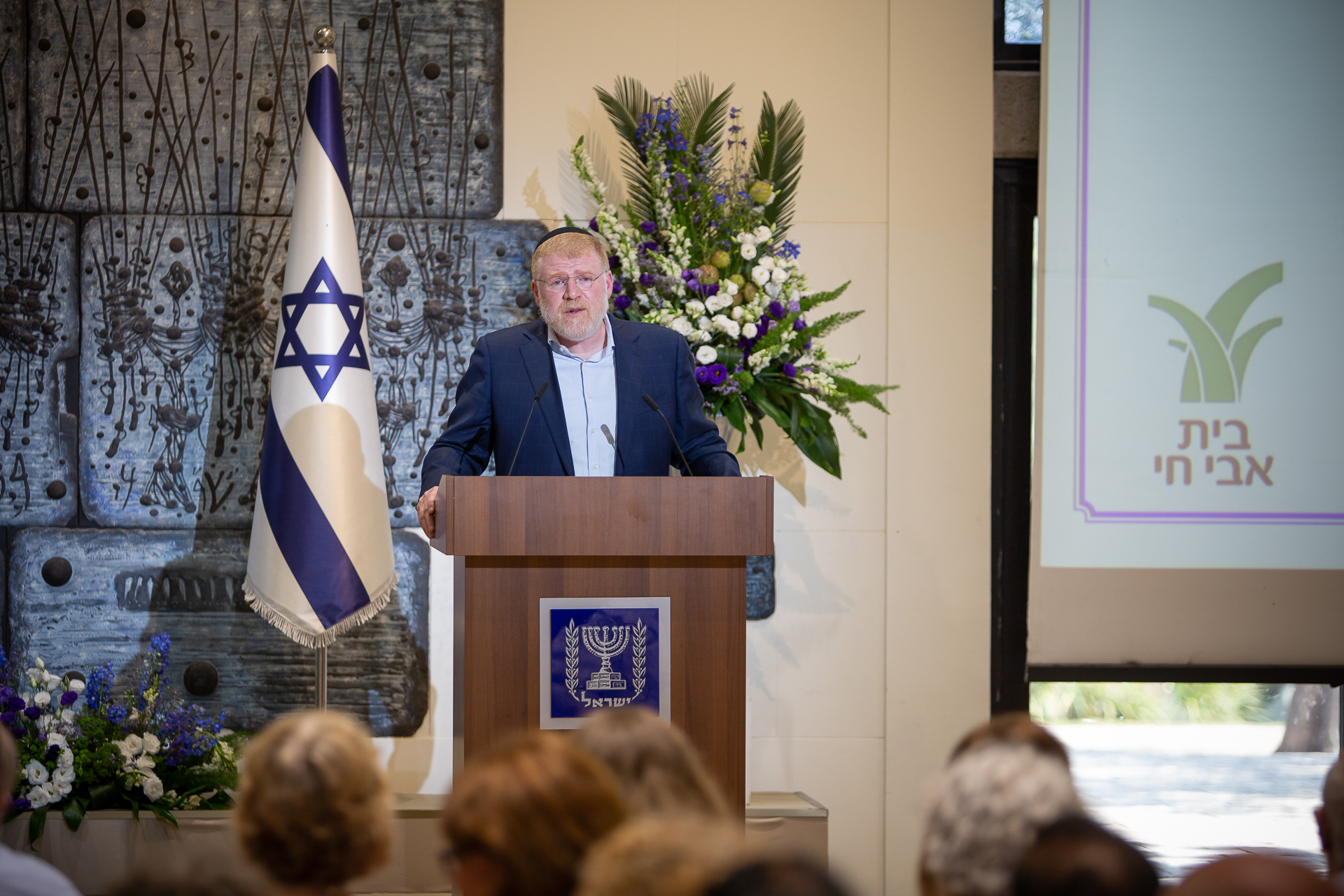
Dr. David Rozenson, Beit Avi Chai’s Executive Director Photo: Nikolai Busygin
Emphasizing the importance of the event, President Herzog and Dr. David Rozenson, Bei Avi Chai’s Executive Director, outlined today's main challenges. “This is a trying time for Hebrew literature,” Rozenson said. “The reasons are clear: a crises in interest of literature, competition with mobile phones, growing public indifference, all of which must encourage us to find new paths.” Rozenson noted that in the coming year, Beit Avi Chai plans to initiate a large, multi-part festival to celebrate Hebrew literature and poetry. “We are committed to create new ways to enable the People of the Book to justify its name.”
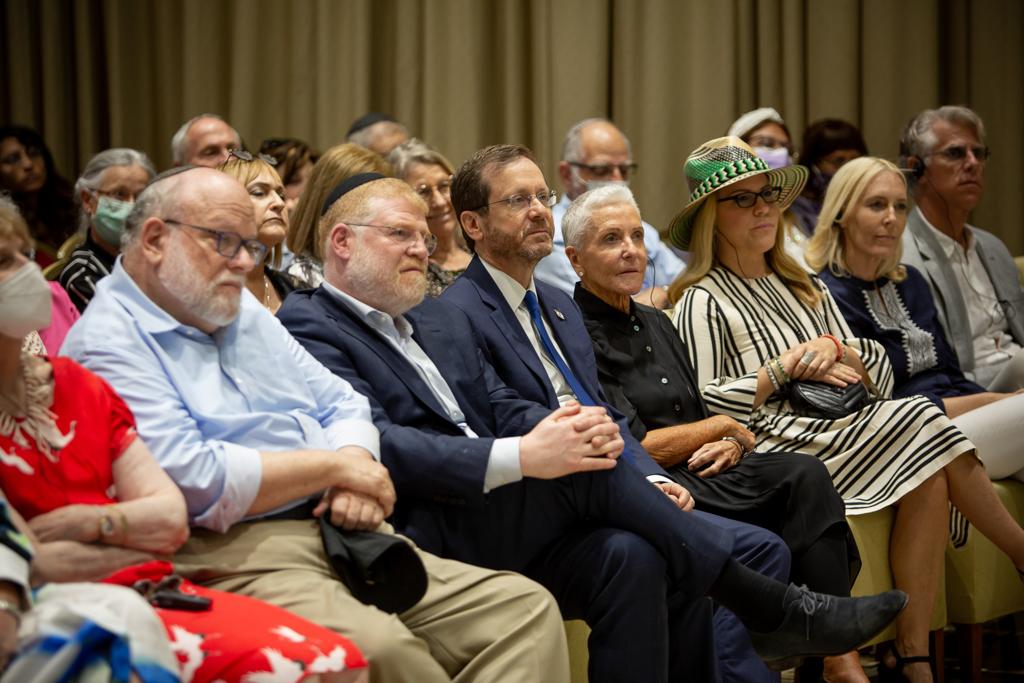
Lauren Merkin, J. Ezra Merkin, Dr. David Rozenson, H.E. Isaac Herzog, Mrs. Mem D. Bernstein, Photo: Nikolai Busygin
President Herzog noted: “The gap between the importance of Hebrew literature and poetry on the one hand and the actual acknowledgment and support they receive on the other, keeps growing.” He portrayed Hebrew authors, poets, and editors as having created “a whole world of childhood, holidays, and seasons. They were like open windows of human and personal imagination and conducted bold experiments in language, form, and content. They are the flowerbeds where everything blossomed. Literature is a bubbling, wild, and courageous source of fresh water. Without such a river of literature and poetry flowing from its core, Israeli culture and society cannot survive” he emphasized.
Throughout the event, speakers presented the power of Hebrew literature in providing meaning for Israel and the universal human story.
Author and scholar Prof. Haim Be'er suggested viewing the Hebrew oeuvre as part of the ancient tradition of exegesis. “Hebrew literature is the most important, subversive, and fascinating interpreter of the Bible” proclaimed Be’er. “While this task was fulfilled historically by hazal [Talmudic Rabbinic Sages] and the commentators who followed, like Rashi or Don Isaac Abrabanel, and then the Hasidism masters, today this is the mission of Hebrew poetry.”
To support his position, Be’er read from T. Carmi’s “Ma'aseh Avot,” a poem that struggles with the question of what took place after the binding of Isaac. In his poem, T. Carmi turns the spotlight to the impact that Isaac’s sacrifice had on relationships within the family, emphasizing Abraham’s unbearable loneliness: “… his inner voice/ (the only one he had left)/ said: yes, you went, out of thy country, and from thy kindred, and from thy father's house/ and now, at last, from within yourself.”
Prof. Avigdor Shinan, Beit Avi Chai’s academic advisor, read “Ararat,” a poem by Dan Pagis that questions what happened to the fish when the flood waters dried. Prof. Shinan explained that contrary to the midrash that suggests the fish were able to return quickly to the sea, Pagis chose to describe the fish dropping suddenly to the ground: “now on the face of the stiffening earth / the writhing fins were stranded / and with gaping mouths they drowned in air.” This interpretation echoes Pagis’s life as a Holocaust survivor – the Jews of Europe represent survivors of the ark, coming ashore, while the stranded fish are those who tried to profit from their despair during the war.
Looking at Hebrew literature as commentary on the Bible is strongly tied to the history of the holy language. Poet Amichai Chasson, Beit Avi Chai’s artistic director, noted how Sefer Yetzirah suggests that the world is made of Hebrew letters. “Accordingly, reality is made up of stories created through the Hebrew language.” Chasson explained, “a part of this myth exists in reality: the Bible continues to be a motivating text of western culture. And we, Hebrew speakers, can read it and understand it without mediation. Thus, every story or poem written in modern Hebrew today is essentially a new interpretation, an updated reference to the ancient words of the Hebrew Bible”.
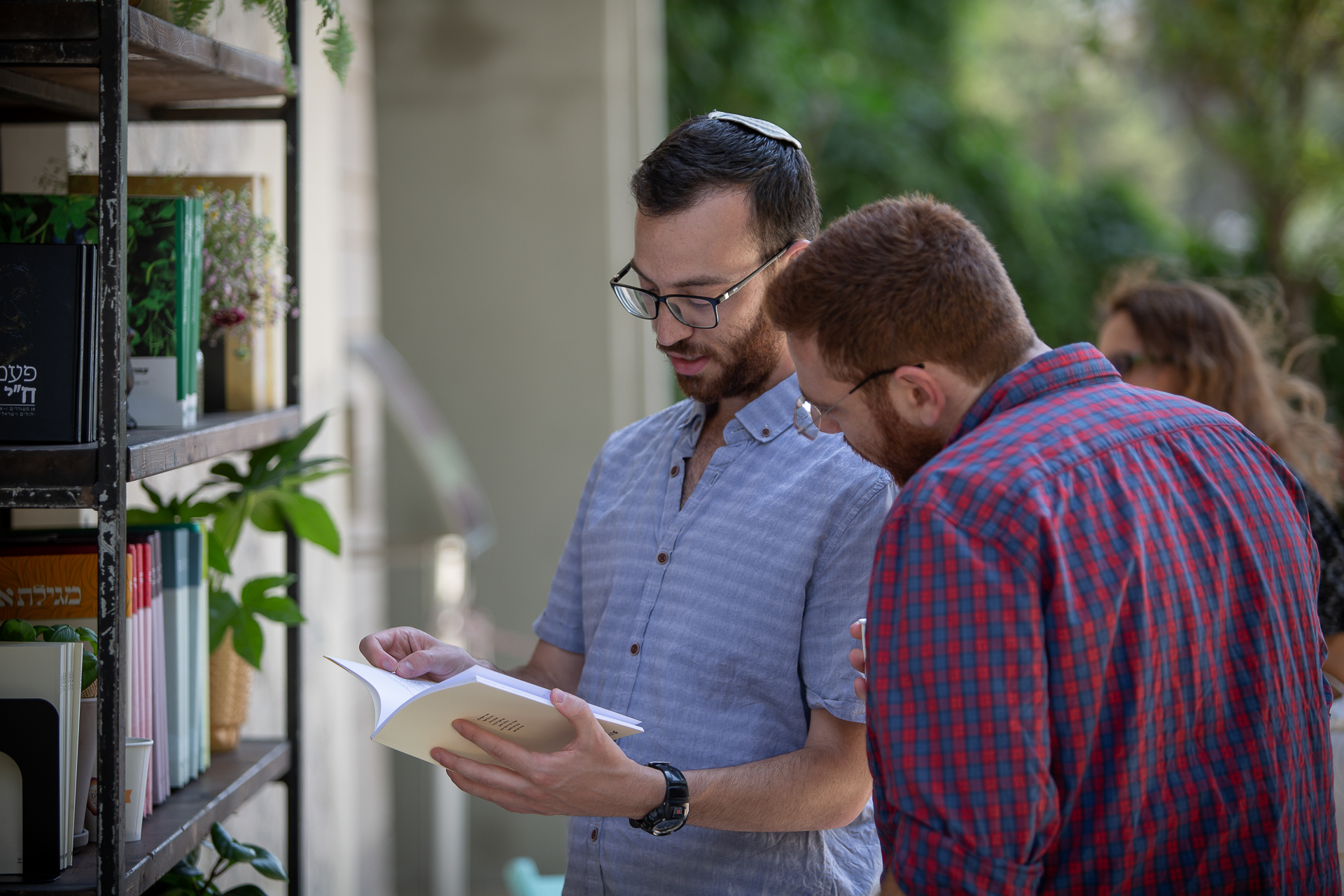
Photo: Nikolai Busygin
Alongside literary interpretations of Biblical texts, author and playwright Marsel Moseri spoke about the ability of literature to penetrate the contemporary Israeli experience. Moseri explained that her writing routine includes wandering Israeli streets and markets to capture characters and stories: “I try to understand why sellers allow to defer payment, the old lady that remind me of my mother, and young woman who react to comments made by passerby.” Moseri read her “Grandmother Bdaya” that describes the close connection she had with her grandmother when visiting their hairdresser.
The current reality can also hinder the ability to write, claimed poet and editor Elad Zeret. He read “The Bear,” his poem that describes the way that poetry loses its voice when confronting a devastated world.
Literary critic Bilhah Ben-Eliahu read Hamutal Bar-Yosef’s poem “The Sea of Galilee’s Water Level Has Risen.” Ben-Eliahu spoke to the ebb and flow described in the poem, the experience of pain, loss and guilt or comfort, hope and happiness, evoked by this very Israeli symbol of being filled by “a native Hebrew-speaking rain.”
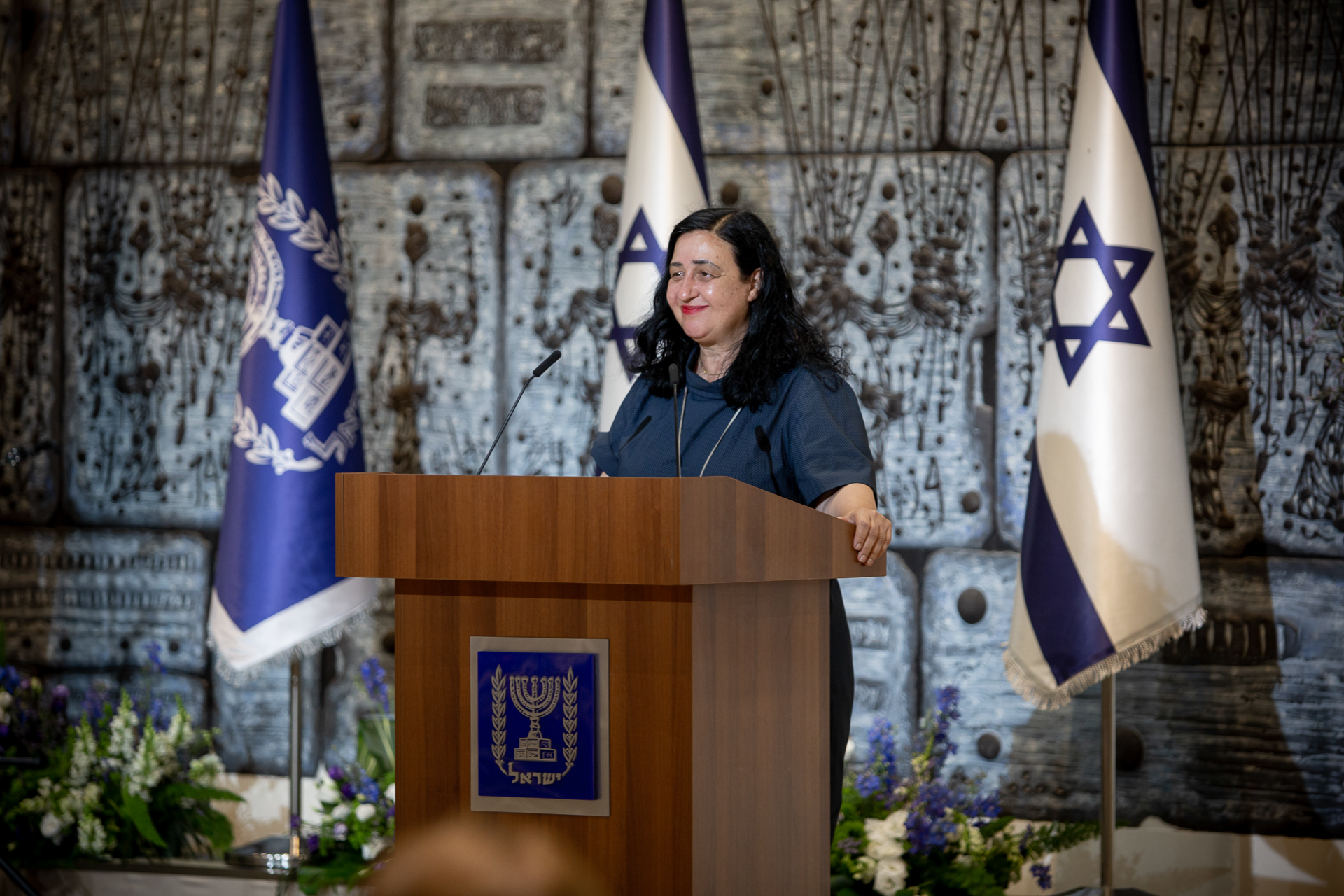
Bilhah Ben-Eliahu, Photo: Nikolai Busygin
The presentations described Hebrew literature’s critical role that expresses the wealth and vitality of local creativity. Despite concern, the event celebration of Hebrew literature and poetry emphasized, with careful enthusiasm, that Hebrew Literature is here to stay.
Also at Beit Avi Chai






